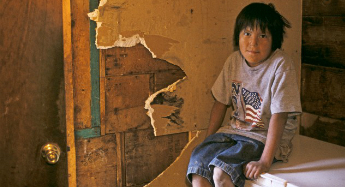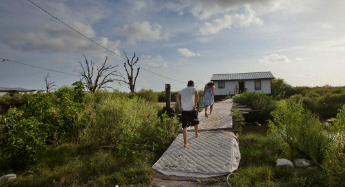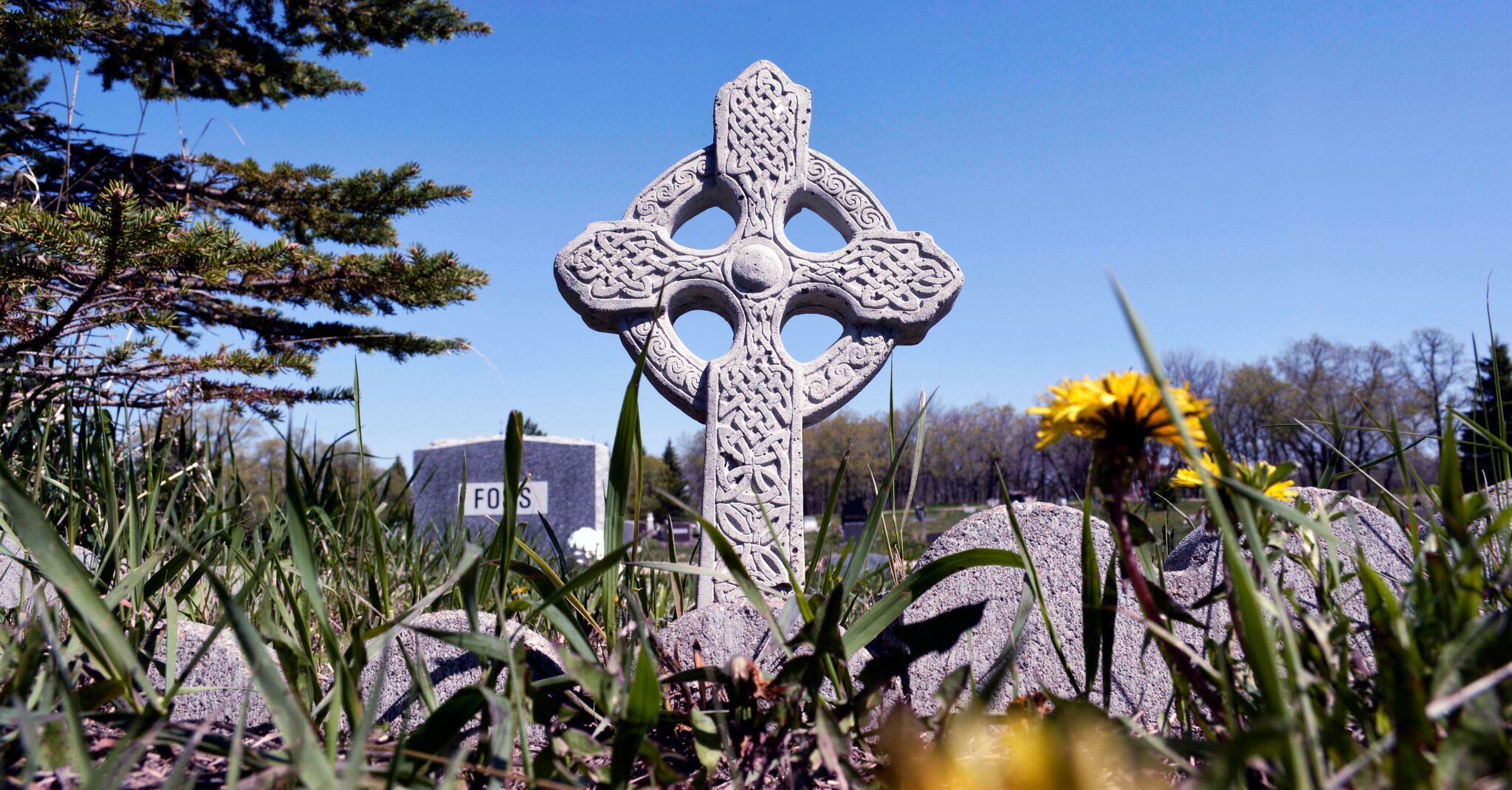Story
Laurynn Whiteshield was a happy, playful child who loved being with her family, “a family she knew loved her.” At least that’s what it says in her obituary. Laurynn spent most of her life in a home where she was loved and protected. From the time she was nine months old, she and her twin sister, Michaela, were raised by Jeanine Kersey-Russell, a Methodist minister and third-generation foster parent in Bismarck, North Dakota. When the twins were almost three years old, the county sought to make them available for adoption. But Laurynn and Michaela were not ordinary children. They were Indians. And because they were Indians, their fates hinged on the Indian Child Welfare Act, a federal law passed in 1978 to prevent the breakup of Indian families and to protect tribal interests in child welfare cases.
The Spirit Lake Sioux tribe had shown no interest in the twins while they were in foster care. But once the prospect of adoption was raised, the tribe invoked its powers under ICWA and ordered the children returned to the reservation, where they were placed in the home of their grandfather in May 2013.
Thirty-seven days later, Laurynn was dead, thrown down an embankment by her grandfather’s wife, who had a long history of abuse, neglect, endangerment, and abandonment involving her own children.



Good Intentions, Gone Bad
Politics or Race
Supreme Confusion
The Indian Child Welfare Act was passed with good intentions. Throughout much of the 20th century, Indian children were removed from their homes, often without good reason, and placed with non-Indian families or in boarding schools where they were indoctrinated into the Anglo culture, according to congressional findings.
The Indian Child Welfare Act was written to protect the cultural identity and heritage of Indian tribes. Whether it does that at the expense of the rights of Indian children has caused sharp divisions in state courts, where child welfare battles normally play out.
The Supreme Court has not resolved the constitutional issues, either in the Veronica Maldonado case or an earlier 1989 decision.



No Happy Endings
No Way Out
Death on the Reservation
As lawyers and judges haggle over legal nuances, Indian children are left in dangerous or temporary homes.
Joining a tribe at any time to file an ICWA challenge is allowed in the law. Getting out of a tribe to avoid being subject to the law is not so simple.
Having a case decided in tribal courts does not automatically mean the child’s best interests will be ignored. Recent media accounts show some tribes do not hesitate to put Indian children in non-Indian homes.